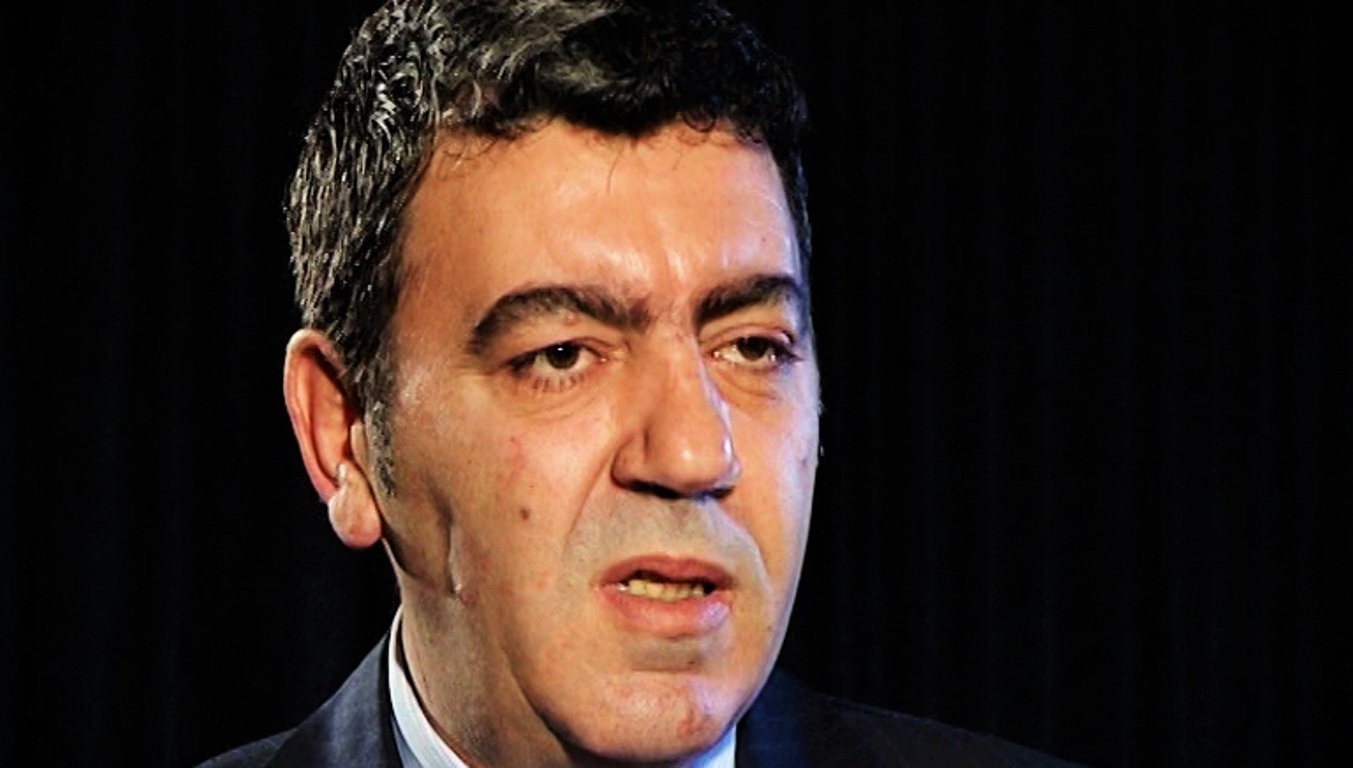
By Plator Nesturi
The Crete meeting between Foreign ministers Bushati and Kotzias received lots of attention by the public opinion and media in both countries. For years, besides the good neighboring relations that they shared with each other, Albania and Greece have also exchanged strong declarations on different issues which reflected the tension that dominated the relations between the two states. Although Rama’s government platform “Zero problems with the neighbors” also stated that Greece was a “strategic partner”, a formula which was carried forward by previous governing cabinets, in the recent years, everyone has seen that the government’s strategy was to respond to any statement issued by the Greek diplomacy or to any stance which was considered as meddling in the internal affairs. It seemed like this confrontation was gradually giving way to a tense situation. This prolonged tension had made us forget how many things we have in common and how many interests we share.
It must be said that the talks between Bushati and Kotzias come at the right moment in time. Declarations for interference in internal affairs or that Greece could use its veto against the launch of accession talks in the EU due to the rights of the minority, did nothing else but fuel these problems even more. Meanwhile, even the Treaty of Friendship between Albania and Greece has expired and if the two countries will embrace a new treaty of friendship, they should address their problems and lay good foundations for sincere friendly relations. Whether we want it or not, we will always be Greece’s neighbors. It’s quite natural to get along with the neighboring country, because we also share the same history and other things with each other.
A 48 hour meeting in Crete between the two Foreign ministers has been a major and difficult enterprise. This was no ordinary meeting where the sides declared their stances, but a meeting where since the very beginning, the sides admitted that there are problems between the two countries and that will was needed to address them. The fact that the talks were divided into chapters shows that the sides have the will to find common points on which they could work in order to find compromise and solutions. The maritime border, the war law, the issue of the Apostille Stamp for migrant workers, toponyms, history and geography school texts, issues of the properties of Albanian citizens in Greece, the rights of the Greek minority and the cemeteries of the Greek fighters during the Italian-Greek war, shows that there are many pending issues between the two countries.
Although there were expectations in what the meeting would yield, this marathon did not produce anything concrete. Both ministers were reserved and even in the joint press release, they declared that the talks were constructive, complex and there was good will to find a solution. In this aspect, the maturity shown in finding a concrete solution in the next round of talks which will be held in Tirana or elsewhere, shows that we’re in the right path. It’s better that the sides have had a general consensus rather than agree on one single chapter and leave the rest to time. In this aspect, let us not forget the talks being held between Kosovo and Serbia. Although it’s been six years that they hold talks under EU supervision and have signed 38 agreements, they are not being implemented and the agreements remain on paper.
A scheme of agreements based on the model followed by Kosovo and Serbia would not have any value in this case. What’s more, the Foreign ministers have not the necessary authority on a number of issues on the table. On many of them, there must be an engagement of other institutions which have the necessary legitimacy. Nonetheless, the fact the sides have abandoned their unpleasant language and the fact that they have found common ground for cooperation, is in the best interests of both countries. And not only on a political level. This release of energies would open new perspectives of cooperation in economy and investments, which would benefit both countries. Albania’s interests concern not only commercial relations, but also the fact that hundreds of thousands of migrant workers and tens of thousands of seasonal workers working in Greece, inject money into the Albanian economy and this category of people want better relations between the two countries. At the end of the day, politics and the economic interests of the citizens are closely related to each other.
Note: The views expressed in this article are the author's own and do not necessarily reflect Albanian Free Press’ editorial policy




 ALB
ALB
 ENG
ENG
